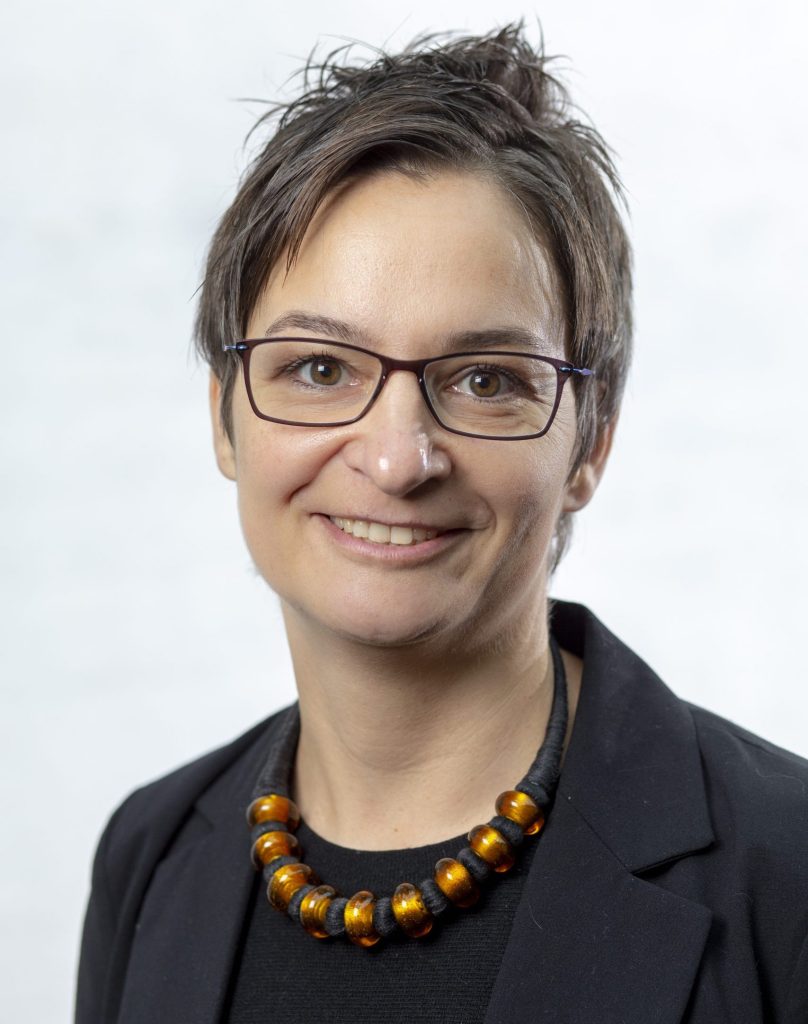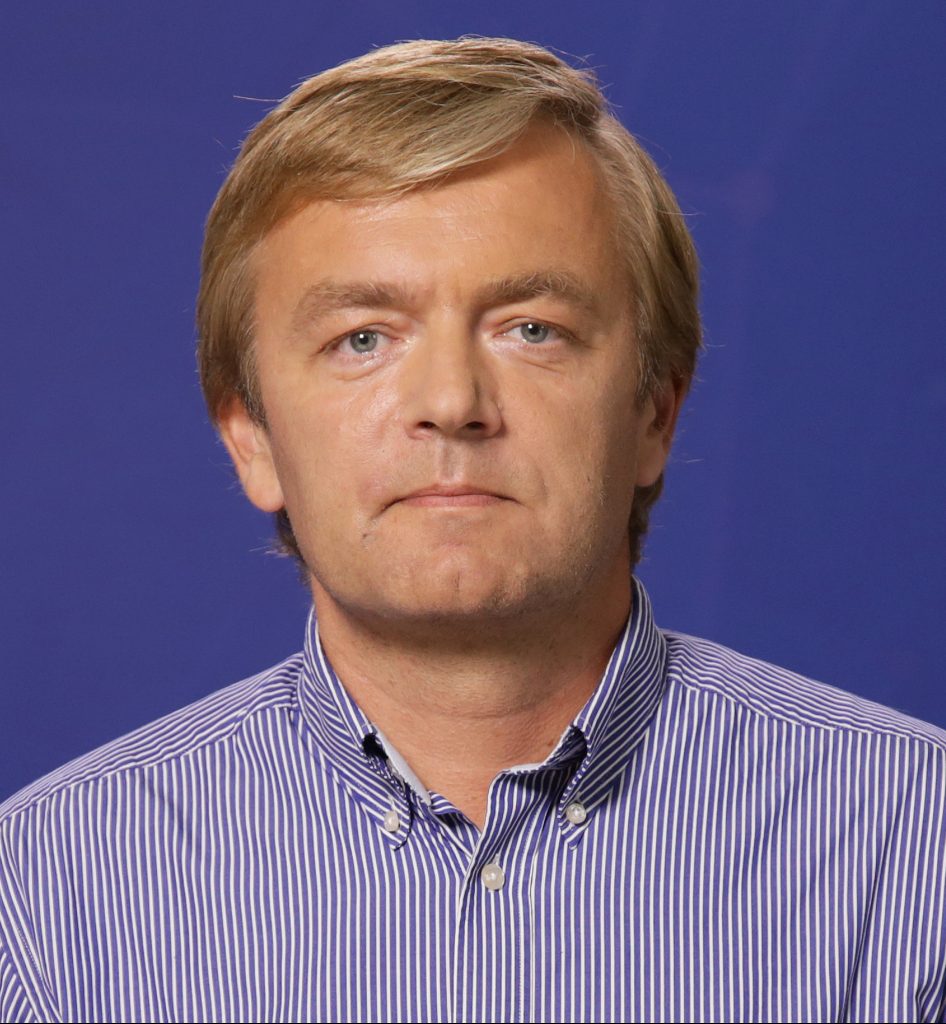How the Russian Orthodox Church Preserves International Sympathies for Russia’s War Against Ukraine

Regina Elsner is a professor of Eastern Churches and Ecumenical Theology at the Catholic-Theological Faculty at the University of Münster.
For the Christian world, religious legitimation of military aggression has become increasingly untenable, particularly after German Protestant and Catholic representatives stood on the side of Hitler’s warfare. Decades of theological engagement, reconciliation, and ecumenical dialogue followed the World Council of Church’s 1948 assertion that “war is contrary to the will of God,” and churches have since published countless documents positioning themselves as the vanguards of justice, peace, and preservation of God’s creation.


